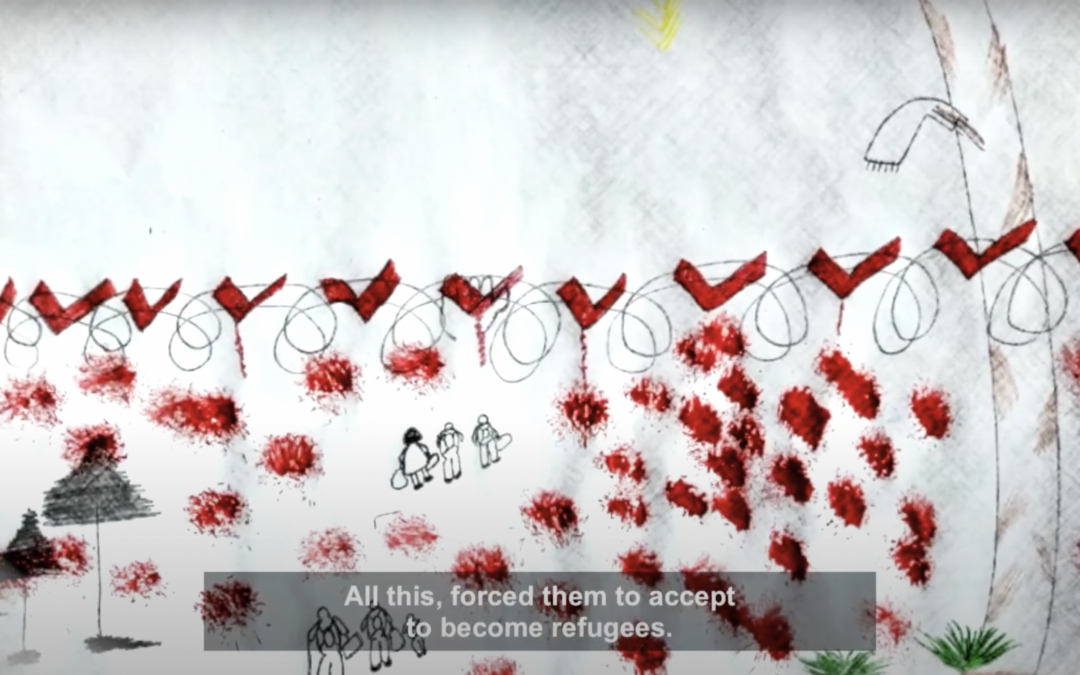
Apr 21, 2022 | Events, News
On Wednesday 27 April 2022, the International Commission of Jurists (ICJ) will hold the Final Event of the FAIR PLUS Project, from 14:00 to 15:30, in Brussels and online.
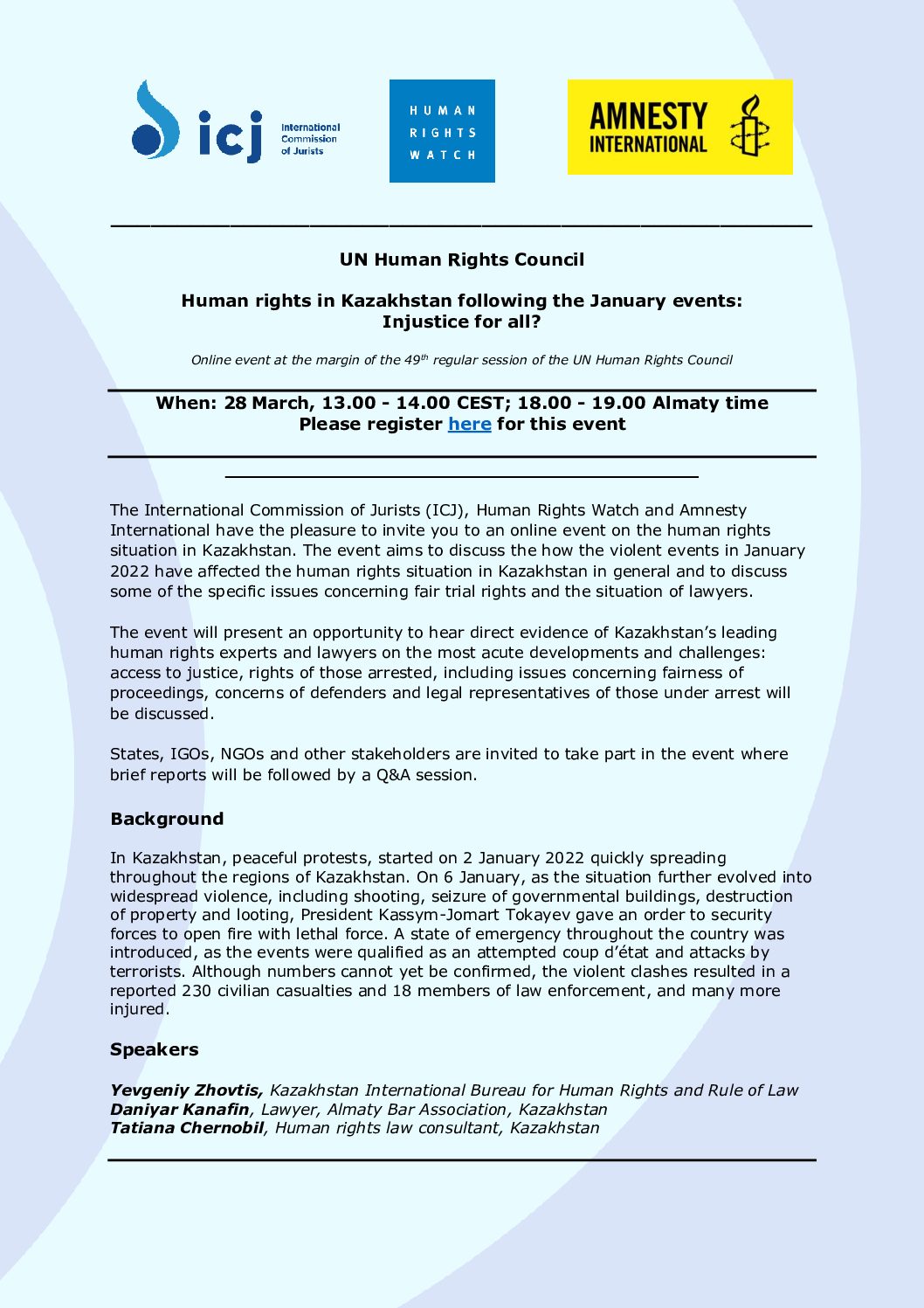
Mar 22, 2022 | Events, News
Online event at the margin of the 49th regular session of the UN Human Rights Council When: 28 March, 13.00 – 14.00 CEST; 17.00 – 18.00 Almaty time. Please register here for this event. The International Commission of Jurists (ICJ), Human Rights...
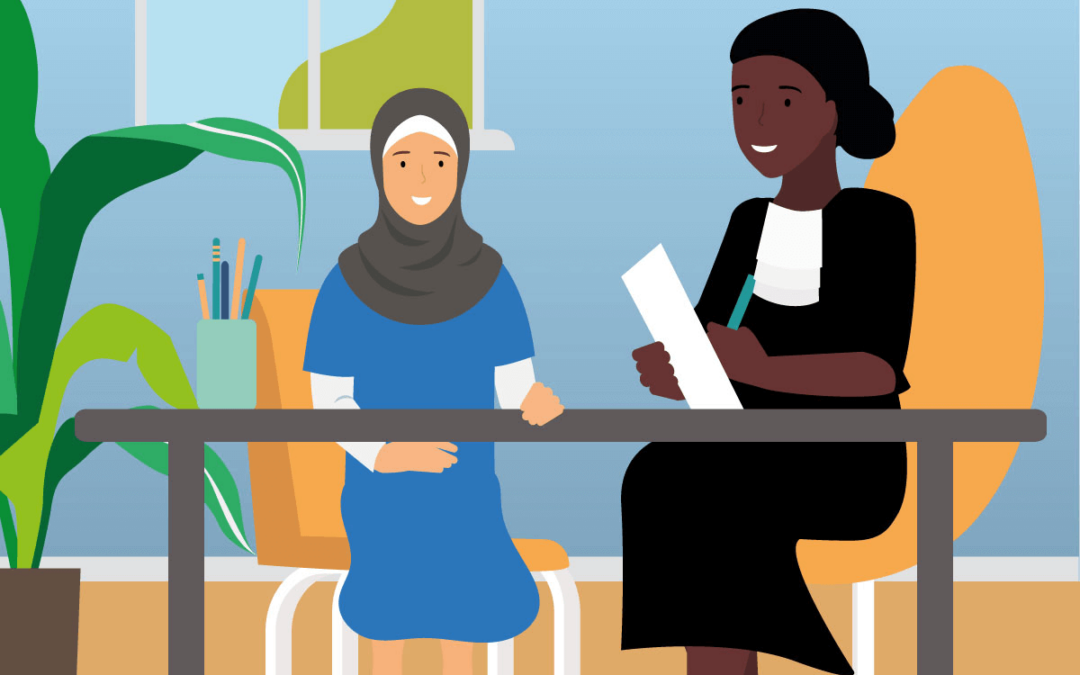
Mar 17, 2022 | Agendas, Events, News, Video clips
Immigration detention of children is unlawful according to international law and States are obliged to implement alternatives to detention. One of the best solutions for unaccompanied children is their placement into mainstream child protection systems, which already works well in some countries in the EU, an ICJ webinar was told.
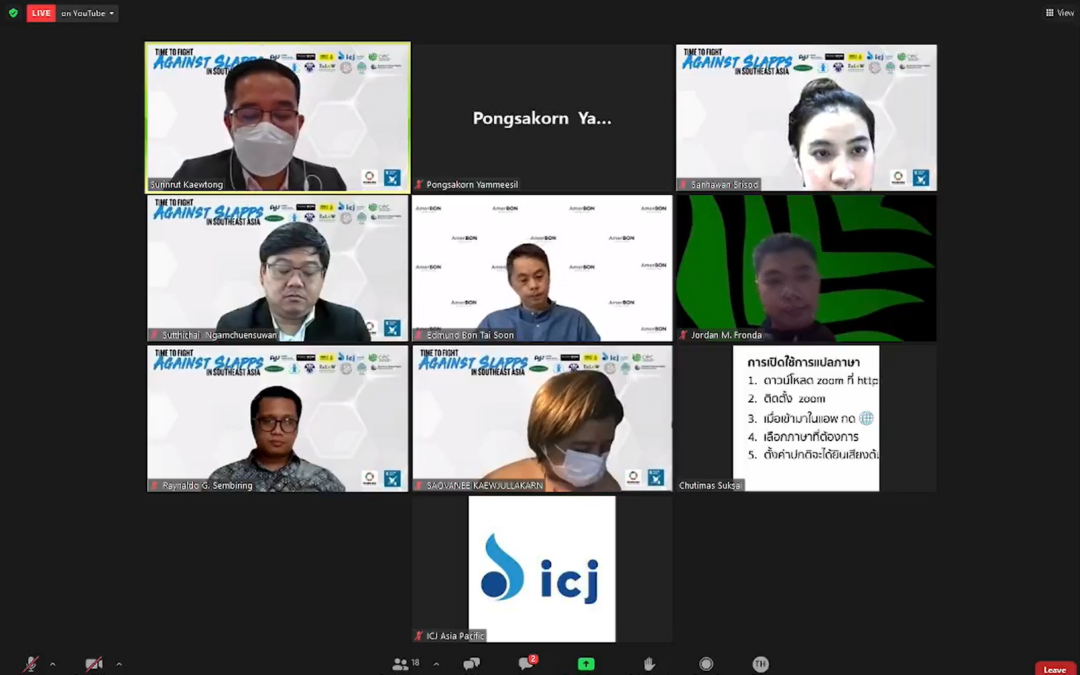
Dec 9, 2021 | Events, News
On 9 December 2021, the ICJ and 11 other organizations co-hosted an online panel discussion entitled: “Time to Fight Against SLAPPs in Southeast Asia”.
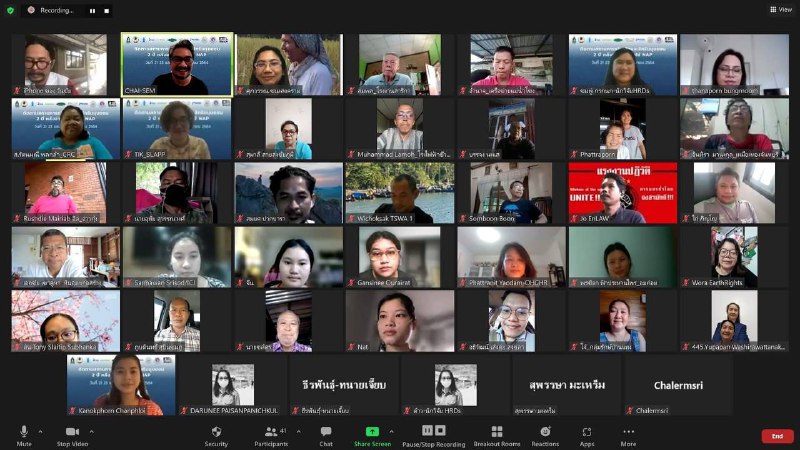
Nov 26, 2021 | Events, News
On 21, 23 and 26 November 2021, the ICJ co-hosted an online discussion on “Thailand’s National Action Plan on Business and Human Rights: 2-Year Progress Review”. The forum was co-organized with other 11 organizations.
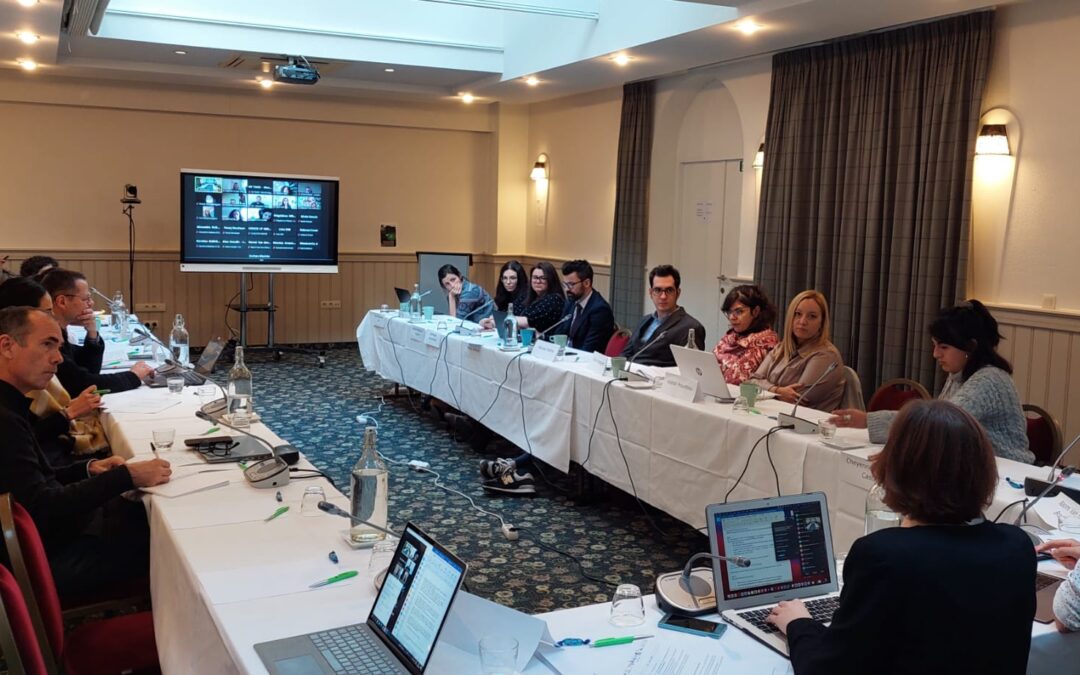
Nov 19, 2021 | Events, News
Building trust with a child in order to ensure their access to information and legal assistance is crucial from the very start. It can be best done in a safe space, and it is effectively impossible while the child is deprived of liberty, an ICJ workshop concluded.










